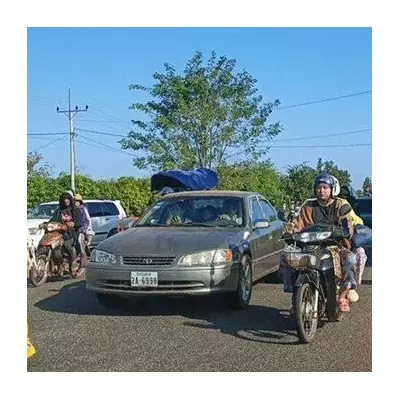
What began as a heartwarming story of Chicago generosity has taken a dramatic turn, with the Department of Homeland Security now investigating a viral GoFundMe campaign that captured the nation's attention.
The Viral Act of Kindness
It all started when a Chicago resident launched a fundraising campaign for a homeless man who had been living in his car. The story quickly gained traction online, with thousands of donors contributing to what appeared to be a straightforward act of human kindness.
The campaign's organiser expressed genuine concern for the man's wellbeing, telling supporters: "I wanted to help someone who had fallen on hard times and needed a fresh start."
An Unexpected Development
Just as the fundraising effort was gaining momentum, authorities revealed that the Department of Homeland Security had opened an investigation into the matter. While specific details remain limited, the involvement of federal agents suggests there may be more to this story than initially meets the eye.
Local residents have expressed shock and confusion at the sudden turn of events, with many wondering how a charitable effort could attract such high-level scrutiny.
Questions Remain Unanswered
As the investigation continues, several key questions remain:
- What prompted Homeland Security's involvement?
- Are there concerns about the legitimacy of the fundraising campaign?
- Could there be immigration or identity issues at play?
- What does this mean for the thousands who donated in good faith?
The situation serves as a cautionary tale about the complexities of modern charitable giving in the digital age, where even the most well-intentioned efforts can sometimes lead to unexpected consequences.
The Bigger Picture
This case highlights the growing intersection between online fundraising platforms and federal oversight, particularly when campaigns gain significant public attention and substantial financial contributions.
As investigators continue their work, both the campaign organiser and donors await answers about what exactly triggered federal interest in what began as a simple act of neighbourhood compassion.





